Hi everyone, this isn’t the newsletter I planned for today. I’m hoping you can help out one of the folks from my book.
Community, I need your help.
Chapter One: Johnnie
If you read my book or read the lecture I gave at UNLV about food and poverty, you know this amazing person.
Her name is Johnnie. Most of us who love her call her Moose. She works at our neighborhood's Smith's Supermarket. She is LGBTQ and Puerto Rican. To say she had a difficult childhood would be an understatement. She is the person in my book who was locked in a closet by her metnally ill mom and starved as a child.
Johnnie taught me what food deprivation does to a person long-term and she taught me how to care for my son who also experienced early life food deprivation.
Here is a bit of Johnnie’s childhood, from The Meth Lunches:
As Estrella (Johnnie’s mom) plunges further into the disease, she gets further and further away from being able to see her children’s needs, to feel a connection to their pain, or even recognize that she is abusing them.
Estrella stops caring about herself. She stops being invested in the house, and her remaining daughter at home. She sleeps all the time. The house falls into bedlam, chaos and filth. Dishes pile up in the sink. Clothes lay dirty on the floor. Old food plates litter the floor. The table tops. There are mice. Roaches. Thereare cigarette butts in heaping ash trays, and the yellow of nicotine on the walls.
Johnny has a single set of clothes for school. She rarely takes baths. The kids in school make fun of her for wearing the same clothes every day. Dirty clothes. They laugh at her because she smells bad. She becomes more and more disconnected from her peers. And so, the loneliness and isolation that happens for people with schizophrenia, can also happen to the people in their lives, like their children or their parents.
What Johnnie learns from all this? She is not good enough.
She is not worthy of good things.
She is not worthy of food.
Of attention.
Of love.
It is all intertwined. This sets the tone for her entire life.
“I tip-toe around the house because I don’t want to wake her up and get beaten.”
“I still do it,” she tells me. “Today, this morning, I still do it.”
“I’m always quiet in my house. I don’t slam doors or make a racket.”
Johnnie keeps herself small.
This weekend I saw a post of Johnny’s on social media where she talked about her declining mental health. I texted her and she called me back. She had been evicted from her apartment.
The constable wouldn’t allow her to take her beloved cats with her. As a child, in the closet, when her mother was raging, she clung to her pets. Animals kept her alive and from being alone.
From The Meth Lunches:
She (Johnnie) tells me about the family kittens that starve to death.
When her mother leaves, she secretly buries the limp bodies in her backyard. She cries over their hidden graves. Her knees in the dirt. She feels responsible. Like it is her fault they starved to death. Like she had choices or power. She is stuck with this feeling, as kids often are, that they can control things they can’t.
That feeling never leaves.
Now Johnnie has three cats. Reggie is her favorite.
“I would starve myself for them.”
Starving for them is a measure of her love and its depths.
She posts photos of the cats, her family, on Facebook. Reggie is a gorgeous honey-colored sweetheart. They are her world. The companions who never hurt her. Who she protects.
She ended up being able to get in the apartment, get the cats and her things. But it was a stressful. A triggering endurance event. A friend from Smiths is letting her stay at her place until things get sorted. Her mental health is precarious. She is always fighting to stay alive. But it’s gotten harder.
“I fought the eviction,” she tells me on the phone.
“When I went to court, the judge wouldn't even let me talk or hear my story.”
Now she'll end up with an eviction on her credit report. And life, after that, gets trickier. Harder. More complicated. More fragile. She was okay, holding on, sometimes thriving, and now she isn’t.
This is poverty.
One bad thing begets more complicated bad things that spin your life out of control. Maybe you right the ship and it’s a happy ending. Maybe you never really get a foothold again.
Chapter Two: Fucking Kroger
So, how did this happen? I mean, Johnnie has a unionized job with Kroger, right? She should be fine.
Let’s look a little closer: Kroger is the biggest supermarket chain in the United States, and the 4th largest employer in the Fortune 500. It owns brands that include Ralphs, Smith’s, Pick ’n Save and even Murray’s Cheese in New York City, among others. Its CEO, Rodney McMullen makes upwards of $19.209 million a year in cash, stock and benefits. The company continues to enjoy sales growth and increased stock prices amid a bid to buy the Albertson’s chain and corner the supermarket category to more effectively compete against the retail dominance that is Walmart.
So Kroger is solid. But turns out, its workers are not.
Why? According to the NY Times and The Economic Roundtable, a nonprofit research group, we know that 75% of 10,000 Kroger employees interviewed, met the definition of food insecure. 14% of these 10,000 employees were either homeless, in a precarious housing situation, Or had been homeless in the last year. 63% said they did not make enough to cover basic expenses on a monthly basis.
Now, in some ways Kroger is a great community partner. No companies are all bad. They have said they “provide hundreds of thousands of people with first jobs, second chances, retirement employment, college gigs” and they do. They also hire folks transitioning through genders, people with disabilities and older folks. But the problem is the way in which Kroger manages part time employment so they don't have to give people benefits or overtime. I get this keeps costs down and manages shareholder expectations, afterall the grocery business is tough and requires a lot of product to get out the door in order to be profitable and that they face steep competition from Walmarts, convenience and dollar stores. And in some ways this allows them to keep people working across decades. But it’s a trap because the allure of seniority and the dangling of a full time position is always looming and for most cashiers, stock people and those on the floor of the warehouses, just out of reach.
Johnnie has been with Kroger for 17 years. She makes a solid hourly of $22.56 which matches the length of time she has worked with Kroger. It’s a solid hourly wage. But she is only getting about 24 hours a week. And second jobs are hampered by having to be available on short notice when a colleague is out sick. This lowers her options. She doesn’t get paid for being on call. If she leaves, she loses her hourly and her seniority. She is stuck.
So, this puts Johnnie, after taxes, at $473/week or $1892/month. Her rent before eviction was in the $1300-ish area giving her a few hundred for food, utilities, cell, car / gas and repair, therapist/medical, meds, pet care and incidentals. She does not have health insurance - she is putting off major health maintenance until she is 65 and eligible for medicare - or money going into a 401K for retirement.
I would be interested to know how many people at Kroger supermarkets are selling plasma to make ends meet?…Although I’m guessing Rodney McMullen doesnt have to.
Ironically, last night Johnnie texted me that she applied to the Helping Hands Fund, a charitable arm of Kroger designed to help Kroger employees going through temporary hardship.
They denied her request.
Chapter Three: A Request for Peace of Fucking Mind $
After my work with the pantry, I now lump people’s problems into two categories:
People whose situations are so entrenched that “helping” won’t really make a dent in their situation or could even pummel you and then drown you in the process. Many unhoused, addicted and severely mentally ill people can fall here.
People who can be helped with a hand out, a bump in pay, more hours, a loan, something to just kick start their efforts. A lot of people fit into this category. We know that poverty is mostly transitory and most people experience it for a few months and find a way to right themselves. They are in and out of instability. Sometimes just a leg up is enough.
For the folks in the first group, sometimes the only thing you can do is the smallest thing - a cup of coffee and a chat on the curb, a smile and a good listen, a lunch you buy at the gas station to solve the most immediate problem, staying awhile after you drop the groceries. You can’t solve the problems, it’s all bandaids. Because their challenges are entrenched and complex and above our paygrade. So you do what you can to ease a burden.
Johnny is #2. She just needs a boost and she will be on her way again.
When I floated the idea of a GoFundMe (GFM) in a text, she immediately said “No”. She stopped texting me. So, like a mosquito who will not go away, I went to Smith’s and found her sorting potatoes in the vegetable area.
“I don’t want people I know to see I need help,” she said, not looking at me. “Don’t be mad.”
“I’m not mad,” I said back.
She didn’t want her friends to know, people she worked with. She told me they would say: “You need to manage your money better.”
There is so much shame in being poor, even when the reason you are poor is because of a Fortune 500 company. Why are we so quick to blame the person?
I understood her resistance to the GFM. Relationships are fragile for Johnnie. Because food and love are tied together so intrinsically, it impacts everything. She can give and self-sacrifice to help others - she is generous and loving to the extreme - but she struggles to be vulnerable enough to ask for help from others. This makes sense. Her whole childhood was about needing so much and never getting what she needed. Why would she open herself up to being abandoned again?
So, I talked her into it. I’ve blocked her on all accounts so she and her followers will not see what I'm doing. So she never has to think about it. She is reluctantly on board.
If you are able and care to and you have a little extra, I’d love it if you could contribute to the GFM, here.
I’d like to get her a few months ahead on a studio apartment in the $1100-1250 range which will give her a few months leeway, with some left over for bills.
PEACE OF FUCKING MIND $.
I will continue to keep this newsletter free. If you cannot give - no worries! I get it! - would you please share on your socials? If writing a book means anything, I hope it helps the people who so bravely told me their stories.
Anyway, shouldn't we all have peace of fucking mind money?
____________________
END NOTES:
Loving a lot of the feedback from the UNLV lecture. So happy it’s worthwhile to readers.
Also, this fantastic review from writer Christopher Ketchum at FERN, The Food + Environment Reporting Network. In it he writes:
“Foster’s admirable accomplishment is that she underscores, in swift and compelling analytic asides, how American society has institutionalized the maltreatment of the underclasses.”
Ah! The goal of the whole project. Thank you!
And here again is the GFM for Johnnie.
Mostly, thank you. For reading. And for caring about how people live in your (and my) communities. xo Kim




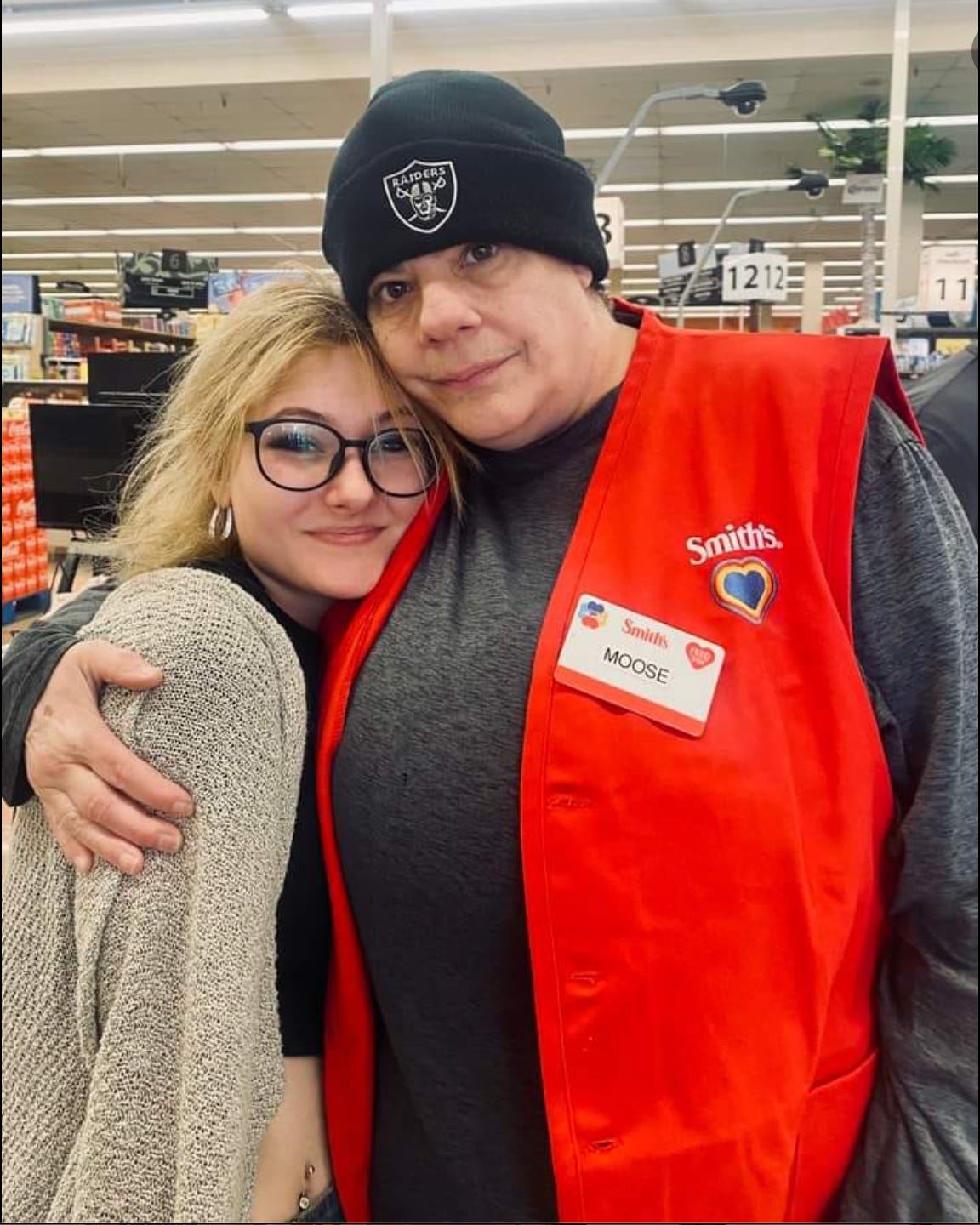
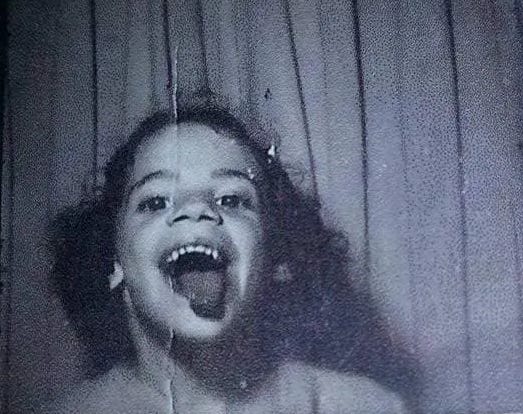
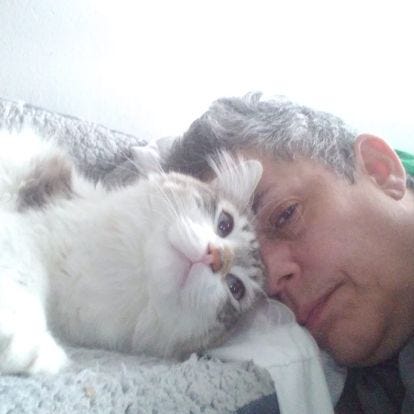
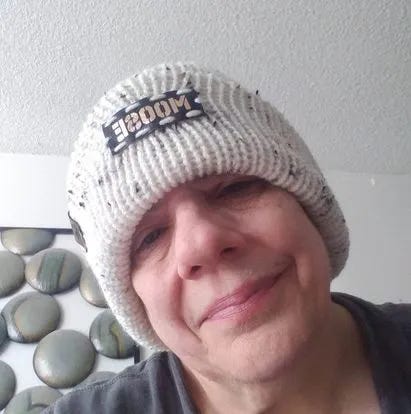
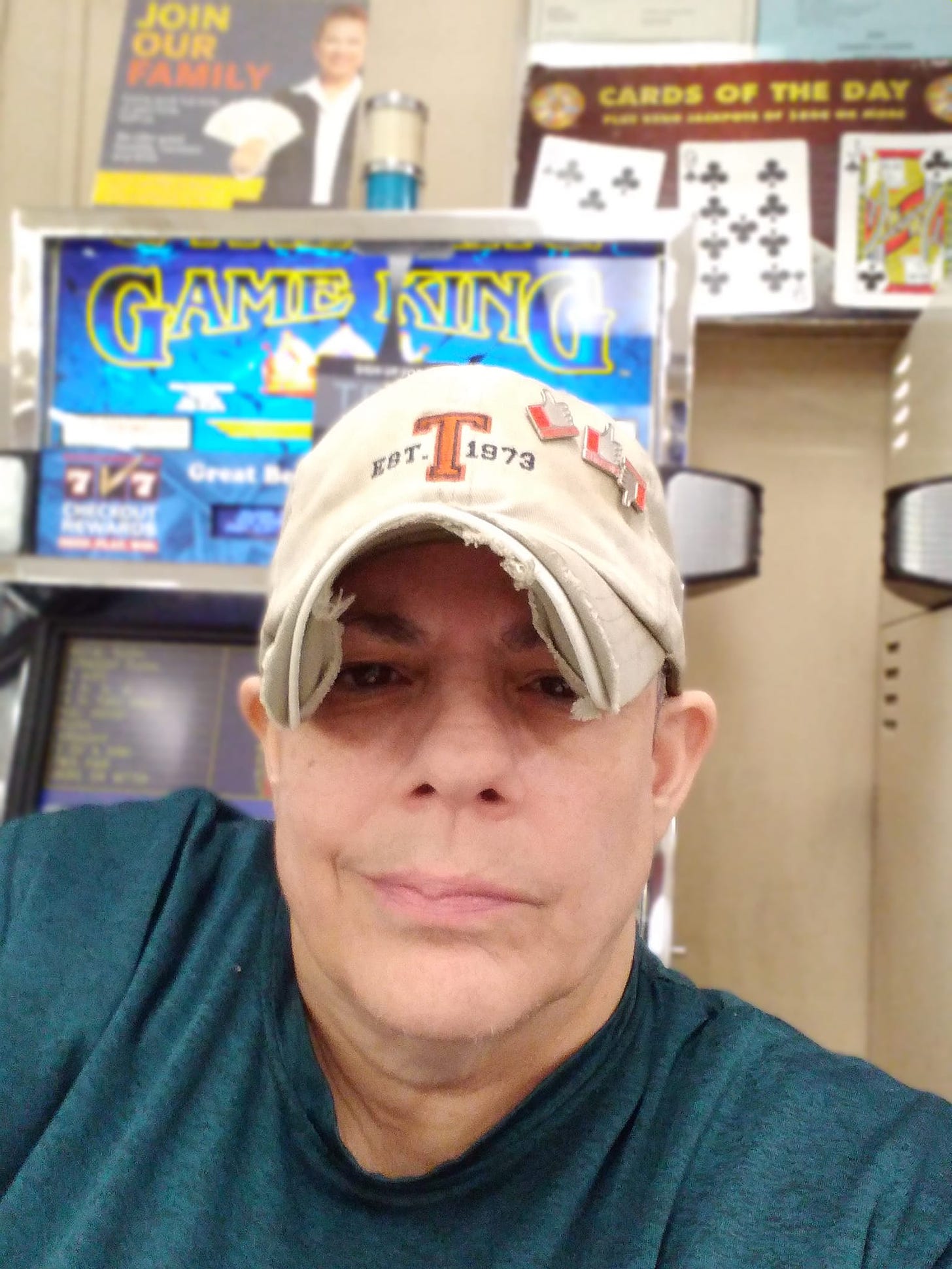
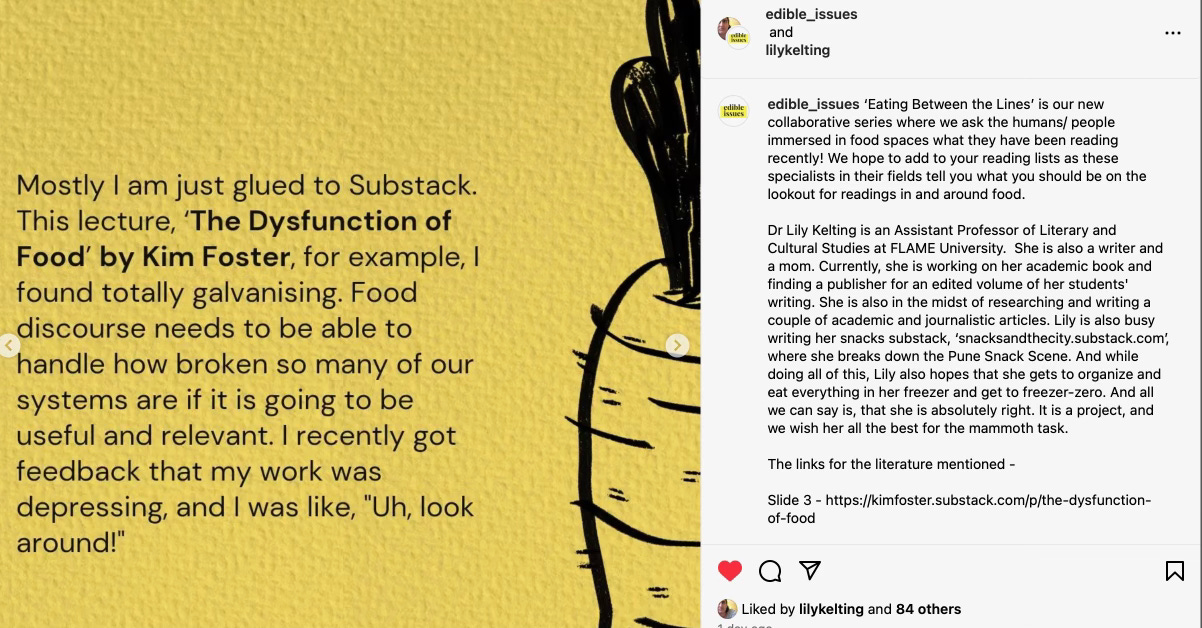
This infuriates me to no end that they can’t get the hours they need just to make enough. Not savings, but enough. It should be illegal to stack employing lots of people with sub-full-time work hours. State DLT’s have enabled these practices. There’s way too many Johnny’s out there.
"...shouldn't we all have peace of fucking mind money?" Yes, Kim, we absofuckinglutely should. Thank you for doing the right thing and setting up the GFM. Brava. What a beautiful soul Jonnie is, and you too. XO